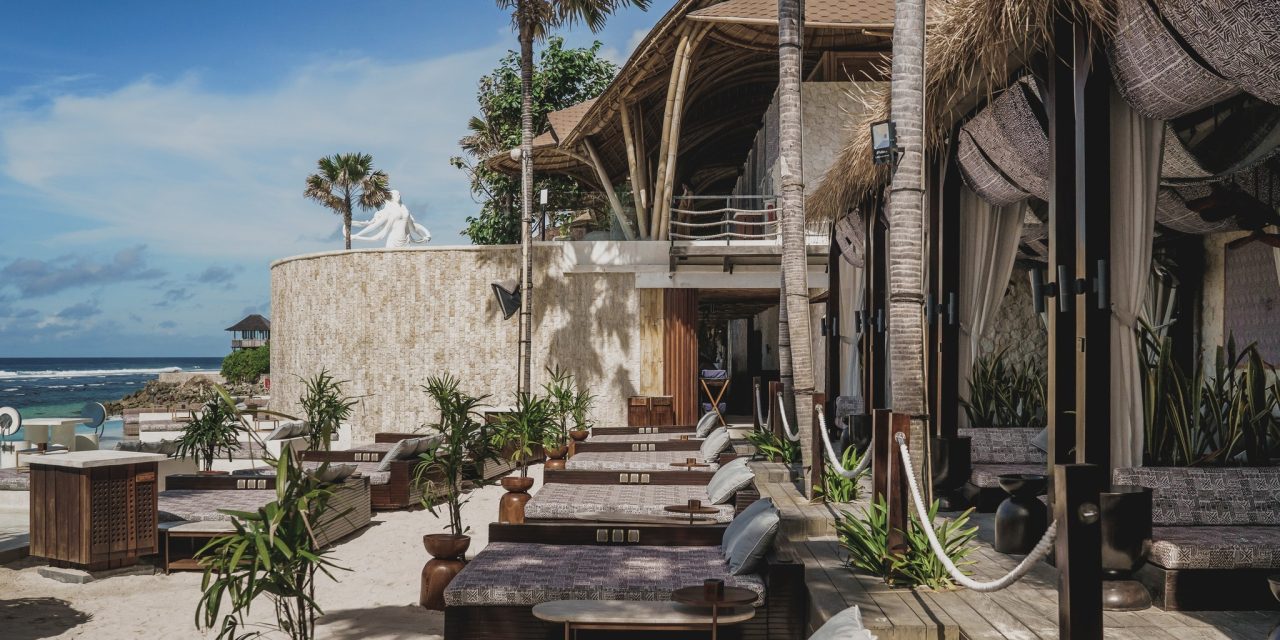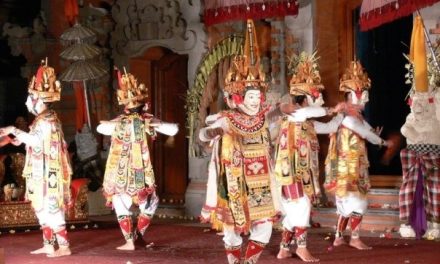Bali is not just a tropical paradise filled with stunning beaches and lush rice terraces; it’s also a vibrant hub of culture rich in traditions and celebrations. If you’re planning a trip to this Island of the Gods, you absolutely must experience its cultural festivals. These events are a feast for the senses, showcasing traditional music, dance, art, and, of course, the incredible warmth of the Balinese people.Let me take you on a journey through some of the most unforgettable cultural festivals in Bali—you won’t want to miss a single one!
1. Nyepi: The Day of Silence
I can’t begin to describe the serene atmosphere that blankets the island during Nyepi, also known as the Day of Silence. Celebrated in March, Nyepi marks the Balinese New Year, a day dedicated to self-reflection and silence. The entire island shuts down—literally. No flights in or out, and locals stay home, refraining from work, cooking, and even using electricity.
I remember my first Nyepi vividly. The evening before, the streets were alive with vibrant parades of ogoh-ogoh—giant, colorful puppets that are burnt in a ceremonial purification ritual. As darkness approached, locals gathered for gamelan music and dance, with their creations representing malevolent spirits. The next day, I sat in quiet contemplation, overwhelmed by the stillness. The only sounds were the rustling leaves and distant ocean waves. It was an experience of peace that lingered long after the day was over.
Practical Tip:
Plan your accommodations ahead of time since no one can enter or leave the island on Nyepi! It’s an excellent time to relax at a resort, enjoy a spa day, and reflect on your year ahead.
2. Galungan: A Celebration of Goodness
Every 210 days, the Balinese celebrate Galungan, a festival that signifies the victory of dharma (good) over adharma (evil). The entire island is decorated with penjor—bamboo poles adorned with offerings—that line the streets as a symbolic representation of prosperity.
I visited Bali during Galungan, and the atmosphere was electric. I was fortunate enough to be invited to a local family’s home, where I savored traditional dishes like Babi Guling (suckling pig) and lawar (a traditional mix of vegetables and minced meat). The warmth and generosity of the Balinese families was heartwarming. Watching the intricate prayers and ceremonies took me deeper into the island’s spiritual culture.
Practical Tip:
If you’re invited to a local celebration, embrace the opportunity! Dress modestly and respectfully to honor the customs, and don’t hesitate to ask questions—people are always more than happy to share their stories and traditions.
3. Kuningan: The Conclusion of Galungan
Just ten days after Galungan, Kuningan serves as the conclusion to the celebrations. This is when Balinese Hindus hold rituals to honor their ancestors, and it’s marked by elaborate ceremonies and offerings. I had the privilege of witnessing a Kuningan ceremony at a local temple, and it was one of the most beautiful experiences of my life.
The sights and smells of incense mixed with frangipani blossoms filled the air, as families dressed in their best traditional clothing, adorned themselves with flowers, and laid out their offerings. Everyone was so cheerful and thankful, and it reminded me of the importance of family and gratitude in life.
Practical Tip:
Participate in the offerings! You can check in with local temples beforehand, and they might welcome visitors to help. It’s an authentic way to connect with the community and gain insight into their practices.
4. Bali Arts Festival: A Showcase of Culture
If you’re a fan of arts and crafts, the Bali Arts Festival is a must-visit. Held annually from June to July, this month-long event features traditional Balinese dance performances, art exhibitions, and a showcase of local handicrafts.
During my visit, I watched mesmerizing Kecak dance performances under the stars. The chants of “cak-cak-cak” resonated in the air, telling stories of the Ramayana—the passion was contagious! I even bought a handwoven basket from a local artisan, which serves as a beautiful reminder of that enchanting evening.
Practical Tip:
Try to catch the nightly performances at the festival, but arrive early to grab a good spot. Don’t forget to wear comfortable shoes, as you’ll likely be on your feet, dancing along with the locals!
5. Saraswati: The Day of Knowledge
Celebrated every six months, Saraswati is a day dedicated to education and learning in Bali. The Balinese honor Goddess Saraswati by offering books, musical instruments, and sacred texts as tokens of gratitude. The entire island transforms into a vibrant celebration of knowledge and creativity.
I was lucky enough to be in Bali during this festival, and witnessing children dressed in traditional attire, carrying their school items to the temple, was a heartwarming sight. It’s a fantastic reminder of the value placed on education and the arts in Balinese culture.
Practical Tip:
Visit local schools and temples to see how the festival is celebrated. You may find opportunities to share stories about your own education experiences, which could be a wonderful bonding moment with the locals.
Wrapping Up
Experiencing cultural festivals in Bali is like taking a journey into the heart and soul of the island. Each celebration I attended not only filled my heart with joy but also deepened my understanding of the rich traditions held dear by the Balinese people. So, pack your bags and set your travel dates! These festivals aren’t just events; they’re an invitation to connect on a deeper level with a culture that is profoundly beautiful. Whether you’re dancing with locals during a celebration, savoring delicious food, or simply soaking in the transformative experiences, the cultural tapestry of Bali awaits. Dive into these festivals, engage with the traditions, and make memories that will last a lifetime. Happy traveling!






